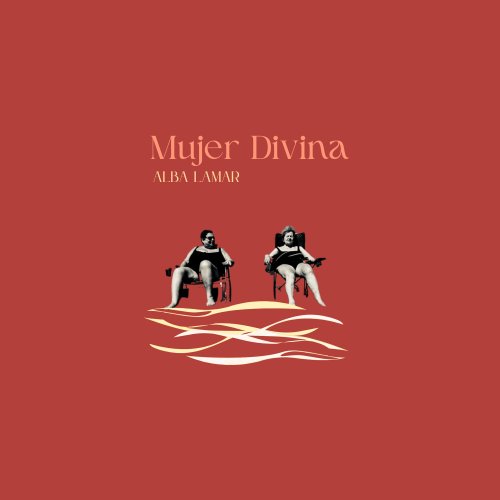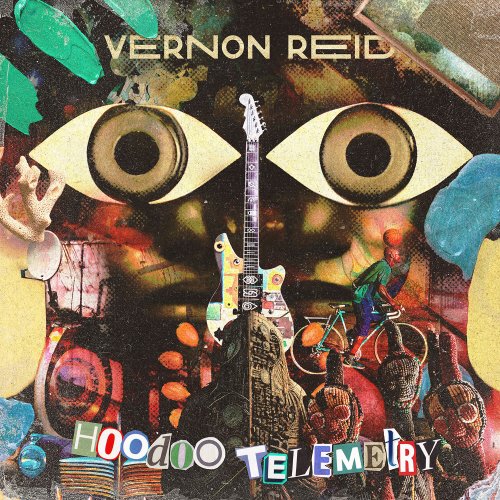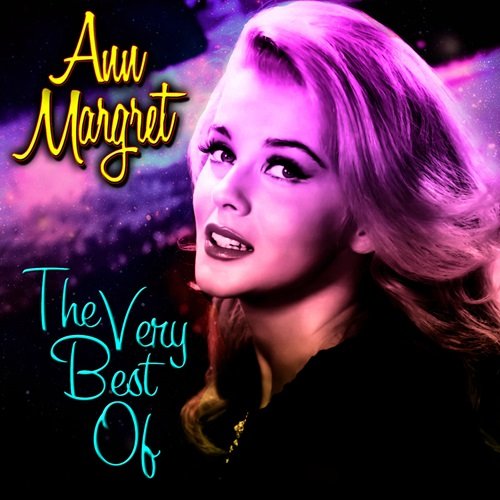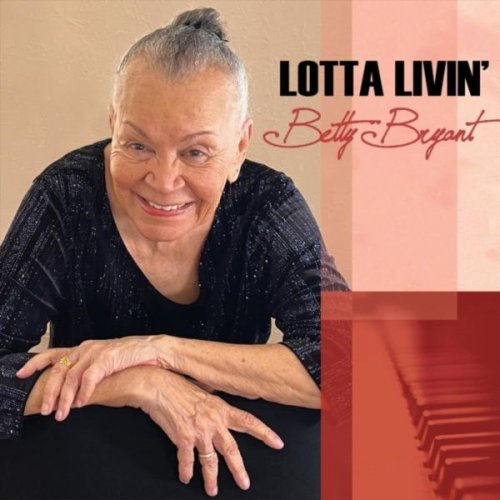Various Artists - Gerald Resch: Collection Serti, Figuren, Ein Garten. Pfade, die sich verzweigen & Cantus firmus (2012/2020)

Artist: Various Artists
Title: Gerald Resch: Collection Serti, Figuren, Ein Garten. Pfade, die sich verzweigen & Cantus firmus
Year Of Release: 2012/2020
Label: Kairos
Genre: Classical
Quality: FLAC (tracks+booklet)
Total Time: 56:24 min
Total Size: 248 MB
WebSite: Album Preview
Title: Gerald Resch: Collection Serti, Figuren, Ein Garten. Pfade, die sich verzweigen & Cantus firmus
Year Of Release: 2012/2020
Label: Kairos
Genre: Classical
Quality: FLAC (tracks+booklet)
Total Time: 56:24 min
Total Size: 248 MB
WebSite: Album Preview

Tracklist:
01. Collection Serti
02. Figuren (Version for Clarinet)
03. Ein Garten. Pfade, die sich verzweigen
04. Cantus firmus: I. Corale - II. Passacaglia
05. Cantus firmus: II. Quasi una sonata
06. Cantus firmus: III. Aria e finale
Born in Linz in 1975, composer Gerald Resch studied in particular with Michael Jarrell, York Höller and Beat FurrerFurrer: Piano Concerto. Hodges, Rundel .. He is therefore a representative of young music in Austria (see the website MICA - Music Information Center Austria).
The disc brings Collection Serti (2011) together; Figuren (2009) for clarinet; Ein Garten. Pfade, die sich verzweigen [A garden. Forked paths] (2000) for viola and instruments, and Cantus Firmus (2010), a kind of symphony in three movements of around twenty minutes, with a short ad libitum choir at the start, an authentic masterpiece ( to use a word I use as little as possible) in handling the large orchestra.
The Kairos label is known for presenting the most radical fringe of European music today. The one that exists despite reluctance. But Gerald Resch is not in the posture of the avant-garde, in the escalation or in the torture of the instruments, which he uses while being satisfied with the ordinary modes of play.
In an accompanying text that is a bit verbose, but very interesting in substance, Wolfgang Fuhrmann situates Gerald Resch in relation to (and in opposition to) what he calls the "Victorian spirit" of new music: the idea that there is always "what not to do", the "how not to compose". Resch teaches in Vienna and at Bruckner University in Linz, and his music clearly corresponds to an abandonment of taboos, which is synonymous with no turning back. Cantus Firmus (the title, already) opens with a Passacaglia and as ingenious as it is, the way in which Resch develops the fundamental motif (which also innervates the following movements) is perfectly audible for a listener of good will. The central movement, "Quasi una Sonata", is a brilliant symphonic allegro. The last movement, Aria and Finale, captivates by its climates and its colors, as Paul Dukas (that of La PériAnsermet edition: La Boite à Joujoux Dukas La Peri Apprenti) and Alexander Zemlinsky could do.
The hyperfluid Collection Serti seems to take things back where the Berg of Lulu's orchestral interludes had left them. There is also a form of humor linked to the deliberate naivety of the subject. It all begins and ends with a harmonious orchestra, without it sounding like the notice says as a completely dated and useless "criticism of the concert ritual". This effect is already found in Haydn (the finale of the Symphony “Le distrrait”) Symphonies n ° 39 & n ° 60 / Symphonie concertante n ° 105.
If "Ein Garten" is still a little generic, and makes very "first prize for composition awarded unanimously with Pierre Boulez to the jury", even if it is very attractive in the alliances of stamps, Cantus Firmus and Collection Serti show the composer forging his endearing style.
Exemplary interpretations, and let us mention the name of the Colombian chef fixed in Vienna Andrés Orozco-Estrada, who directs Cantus Firmus as a classic piece of the repertoire.
With Hanspeter KyburzKyburz: Works for orchestra, Gerald Resch is one of the composers who made the best impression on me in a decade
The disc brings Collection Serti (2011) together; Figuren (2009) for clarinet; Ein Garten. Pfade, die sich verzweigen [A garden. Forked paths] (2000) for viola and instruments, and Cantus Firmus (2010), a kind of symphony in three movements of around twenty minutes, with a short ad libitum choir at the start, an authentic masterpiece ( to use a word I use as little as possible) in handling the large orchestra.
The Kairos label is known for presenting the most radical fringe of European music today. The one that exists despite reluctance. But Gerald Resch is not in the posture of the avant-garde, in the escalation or in the torture of the instruments, which he uses while being satisfied with the ordinary modes of play.
In an accompanying text that is a bit verbose, but very interesting in substance, Wolfgang Fuhrmann situates Gerald Resch in relation to (and in opposition to) what he calls the "Victorian spirit" of new music: the idea that there is always "what not to do", the "how not to compose". Resch teaches in Vienna and at Bruckner University in Linz, and his music clearly corresponds to an abandonment of taboos, which is synonymous with no turning back. Cantus Firmus (the title, already) opens with a Passacaglia and as ingenious as it is, the way in which Resch develops the fundamental motif (which also innervates the following movements) is perfectly audible for a listener of good will. The central movement, "Quasi una Sonata", is a brilliant symphonic allegro. The last movement, Aria and Finale, captivates by its climates and its colors, as Paul Dukas (that of La PériAnsermet edition: La Boite à Joujoux Dukas La Peri Apprenti) and Alexander Zemlinsky could do.
The hyperfluid Collection Serti seems to take things back where the Berg of Lulu's orchestral interludes had left them. There is also a form of humor linked to the deliberate naivety of the subject. It all begins and ends with a harmonious orchestra, without it sounding like the notice says as a completely dated and useless "criticism of the concert ritual". This effect is already found in Haydn (the finale of the Symphony “Le distrrait”) Symphonies n ° 39 & n ° 60 / Symphonie concertante n ° 105.
If "Ein Garten" is still a little generic, and makes very "first prize for composition awarded unanimously with Pierre Boulez to the jury", even if it is very attractive in the alliances of stamps, Cantus Firmus and Collection Serti show the composer forging his endearing style.
Exemplary interpretations, and let us mention the name of the Colombian chef fixed in Vienna Andrés Orozco-Estrada, who directs Cantus Firmus as a classic piece of the repertoire.
With Hanspeter KyburzKyburz: Works for orchestra, Gerald Resch is one of the composers who made the best impression on me in a decade



![Juan Pastor's Chinchano - Memorias (2025) [Hi-Res] Juan Pastor's Chinchano - Memorias (2025) [Hi-Res]](https://img.israbox.com/img/2025-10/05/fvpgq34eaj2edbe2fj4ridakg.jpg)

![VA - Groove Of ESSR III: Soul, jazz-funk & easy listening from Estonia (2025) [Hi-Res] VA - Groove Of ESSR III: Soul, jazz-funk & easy listening from Estonia (2025) [Hi-Res]](https://www.dibpic.com/uploads/posts/2025-10/1759346242_r6ubr0nrkhe1b_600.jpg)


